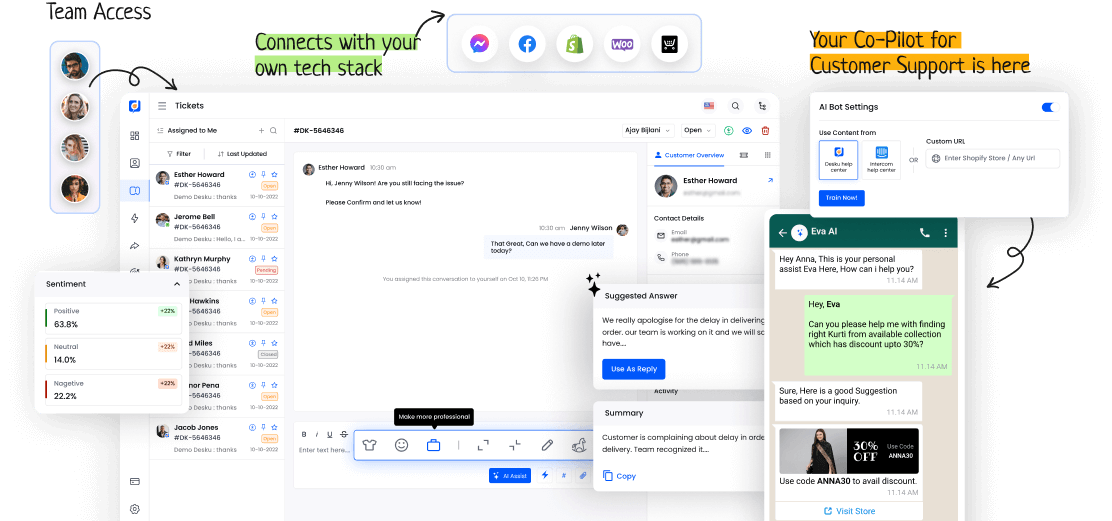VoIP PBX, or Voice over Internet Protocol Private Branch Exchange, is a key tool for businesses today. It uses the internet for voice and multimedia calls. This offers a cheaper option than old phone systems.
Features like call forwarding and voicemail make communication in organizations smooth. VoIP PBX boosts productivity and teamwork.
This makes it a topic worth digging deeper into. We must understand its full potential in our digital world.
I. Definition of VoIP PBX
VoIP PBX stands for Voice over Internet Protocol Private Branch Exchange. It's a phone system that allows users to make voice and multimedia calls over the internet. It offers features such as call forwarding, voicemail, and auto-attendant.
You can choose to set up a VoIP PBX system on-site or opt for a cloud-based solution. VoIP PBX systems are known for being more cost-effective than traditional phone systems, making them a popular choice for businesses looking to save on communication expenses.
II. Importance of VoIP PBX in Businesses
In today's business world, good communication systems are key. They boost productivity and help team members work together without a hitch.
VoIP PBX is a tool that offers many advantages to businesses. It saves money, is easy to scale, and can be flexibly adapted to various needs.
To use VoIP PBX effectively, businesses need to pick the right provider, ensure their network infrastructure is up to the task, and train their employees properly. These steps help to fully integrate VoIP PBX into the business's daily operations.
III. Advantages and Disadvantages of VoIP PBX
There are both good and bad sides to using VoIP PBX systems in businesses today.
- Saving Money: VoIP PBX can help businesses save a lot of money compared to old-style phone systems.
- Changeable Size: VoIP PBX systems let businesses grow or shrink their communication needs with ease.
- Connection: VoIP PBX systems can join with other business apps, boosting speed and work output.





